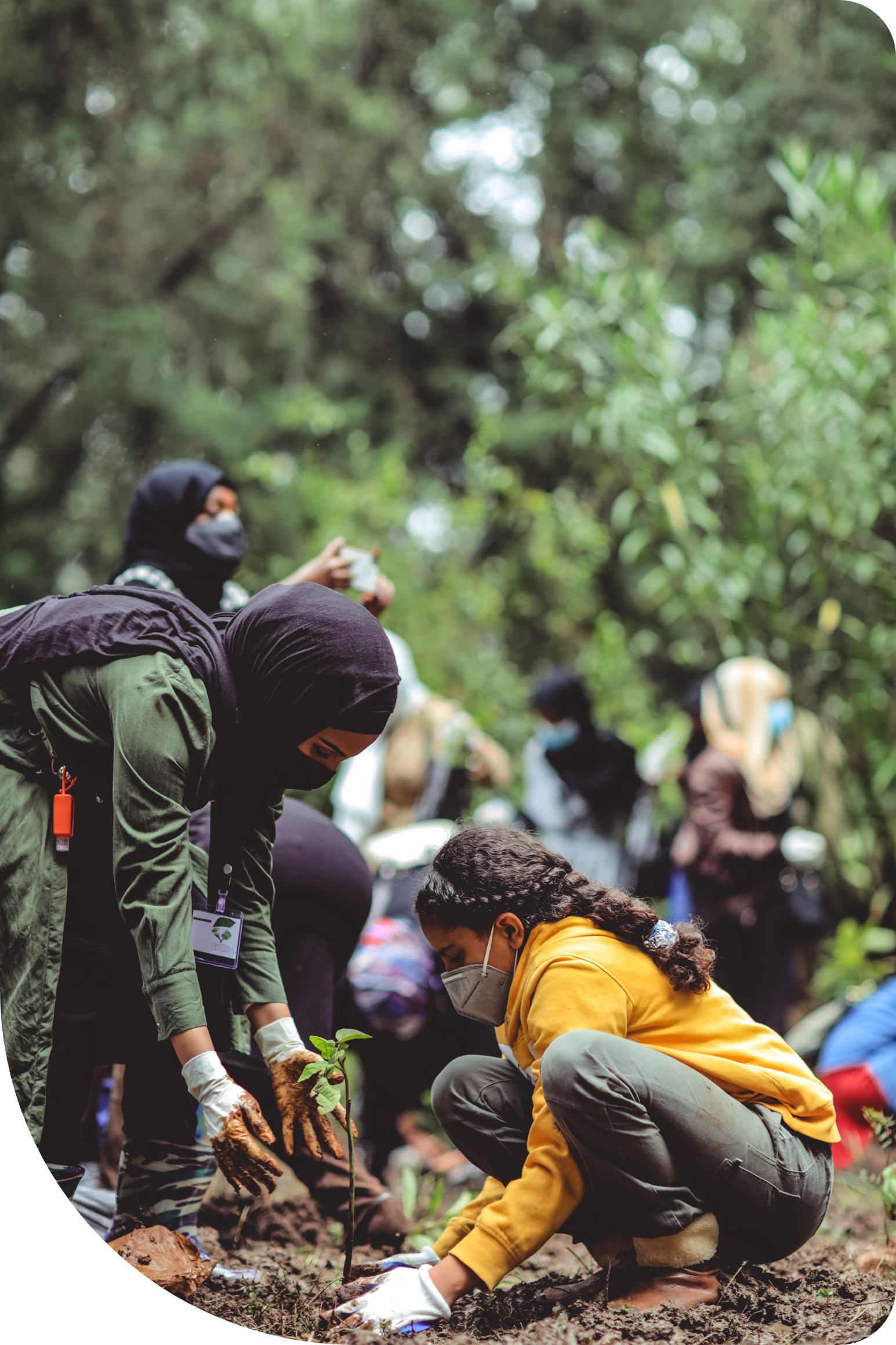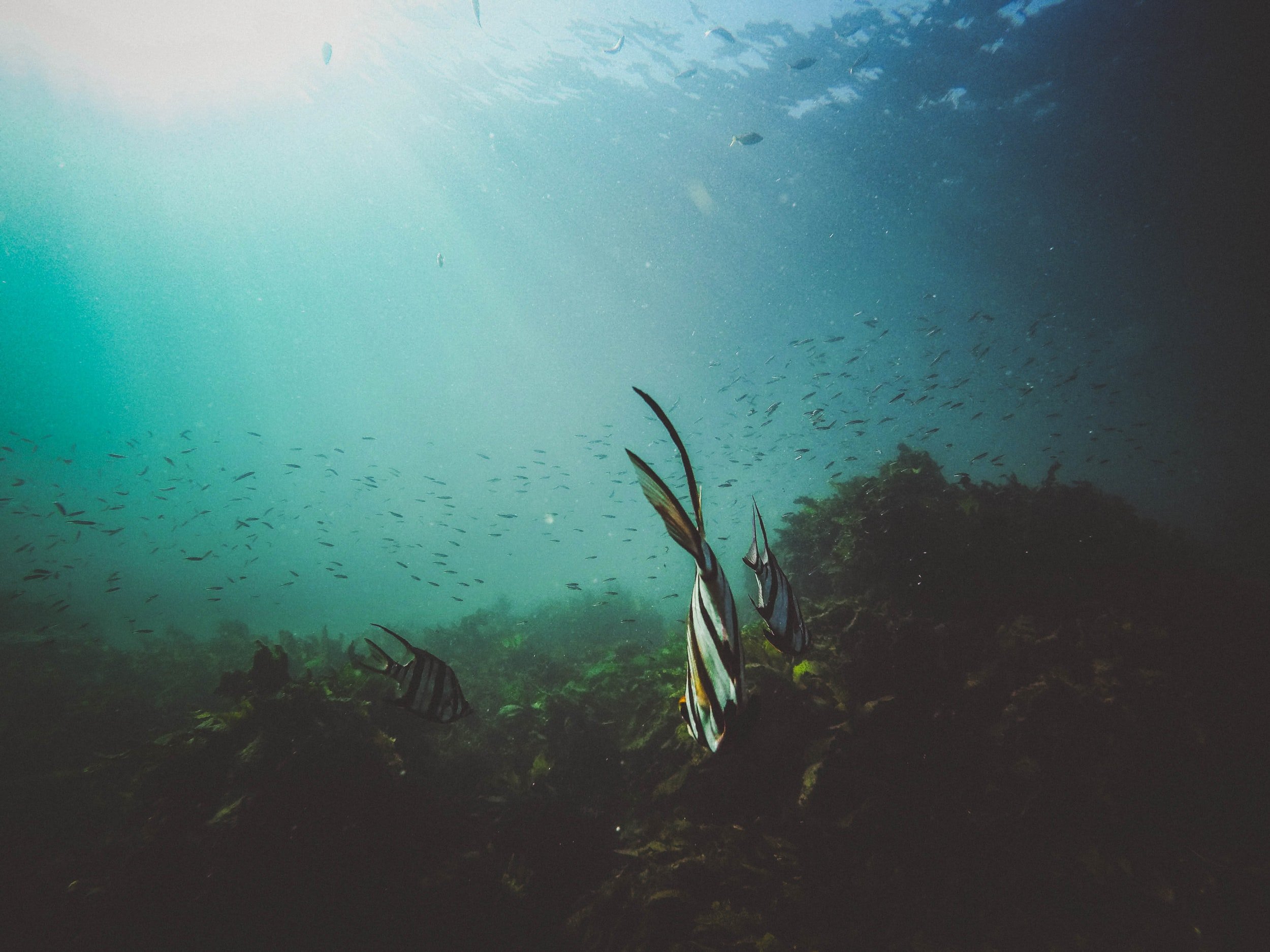
Supporting researchers, educators and the publishing community in creating a sustainable future through action.
Principle, policy & practice
The Higher Education Sustainability Initiative (HESI) called for a multi-stakeholder working group of sustainability experts, practitioners, and academic leaders to help align education and research with the UN Sustainable Development Goals (SDGs) in principle, policy and practice.
When representatives from academia and publishing joined to answer this call and to support the SDG Publishers Compact, the Fellows convened to create four workstreams to tackle our mission.
First steps
As a union of publishers, researchers and data providers, we first tasked ourselves with providing concrete recommendations, tips and guidelines for those in higher education that are taking their first and next steps towards sustainability.
We have collected the top recommendations for putting sustainability on the educational and research agenda, collectively referred to as the Top Action Tips documents.

-
Academic authors
Authors must actively choose to create the knowledge humankind needs to fuel growth that is sustainable and make change that is positive.
-
Academic Journal Editors
Journal editors guide and curate the academic record. To drive sustainability in the research agenda, journal editors can support policies that give authors the platform to focus on sustainability.
-
Academic publishers
The academic publishing community must create the systems through which research and education can drive global achievement of the SDGs.
-
Connecting researchers & practitioners
Research alone will not make the SDGs reality. Each member of scholarly community must work to put research in the hands of practitioners.
-
Academic librarians
Libraries must ensure that the knowledge required to achieve the SDGs can be recognized, discovered and made available to those who will build upon it and put it into action.
-
Graduate Researchers and Students
The new generations of researchers, beginning their careers in a time of change and action, must integrate sustainability into the agenda of future scholarship.
-
Equity
Top action tips for promoting equity in research and publishing: for collaborative use by researchers, publishers, editors, funders and higher education institutions.
-
Using the SDG Rubric
Guidance in the form of an applications guide for academic book authors and editors to help them reference SDGs in their work, addressing the 17 goals one-by-one.
-
Communicating Implications 1: Policymakers, Journalists and the Public
To drive real world change, the practical implications of SDG related research must be accessible to policymakers, journalists and the public.
-
Communicating Implications 2: Professionals and Practitioners
To drive real world change, the practical implications of SDG related research must be accessible to professionals and practitioners.
-
APC Waivers and Discounts
A 'waiver' is a discounted or free Article Processing Charge (APC). Be aware that waivers do not always translate into offers for removing all Article Processing Charges for a particular author or submitted manuscript type.
For background information on increasing equity and open access see OASPA.
-
Co-creating Research with Practitioners
Co-creation involves collaboration between researchers and practitioners and aims to jointly generate knowledge by involving stakeholders from various sectors throughout the research process to ensure that real-world needs and challenges are addressed effectively.

Workstreams
-
Academic Societies & Textbooks
How can publishers identify and improve SDG-related content in their educational materials?
What should qualify as SDG-related content?
-
Connecting Researchers & Practitioners
How can we improve communication between researchers and practitioners?
How can we put research in the hands of practitioners?
-
Impact & Reach
How should we incentivize and quantify positive SDG behavior in research?
Can we identify positive SDG behavior when we see it? At scale?
-
Changing Culture
What do stakeholders need in order to make focusing on SDGs a priority?
How can we use extant and future successes to accelerate change?


